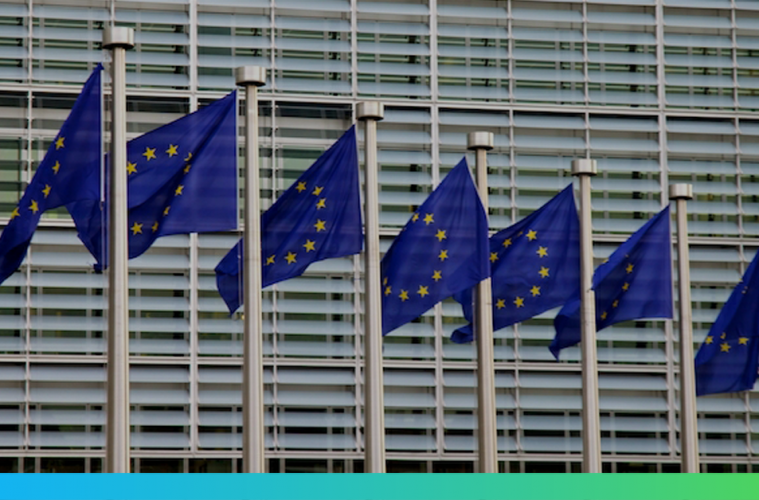|
Still Governed by the EU
The Australian dollar has been volatile over the week, governed again by European events. An announcement to cut privately held Greek debt by 50% was agreed by European leaders last Thursday at midday Australian time. The plan included propping up French and German banks to make sure the write downs on their Greek holdings would not affect their liquidity and solvency. This was broadly positive with stock markets surging around the world and the AUD strengthening across the board. However this was short lived when the Greek Prime Minister Papandreou announced, without consulting the European leaders or even his own Finance minister, that the Greek parliament will vote to approve the deal, which may go to a referendum in Greece. This caused all stock markets and the AUD to be sold down to the current level of 1.0340. Clear frustration was seen from Angela Merkel and Nicolas Sarkozy telling Greece, “get your act in order or leave the Euro”. Australian inflation is well under control; housing prices had the biggest decline in 3 years, and a slowing in Chinese growth, had the RBA cut rates to 4.5% from 4.75% on Tuesday. This is still well above all major economies and one of the fundamental factors that the Australian dollar remains historically very high against the USD, EUR & GBP. Australian growth and demand for the Australian dollar is governed by Asian economies placing orders for raw materials from Australia, to make goods for their biggest consumer markets, Europe and the US. When these major markets slow due to insolvency and confidence issues, this will reduce production in Asia, and reduce the demand for Australian exports directly lowering the value of the AUD. The World First team view is for the AUD to continue its volatility, all things being equal we see potential upside, if the European situation is resolved, however next on the chopping block is Italy with its massive public debt, stagnant economy, and a rising borrowing cost. |


